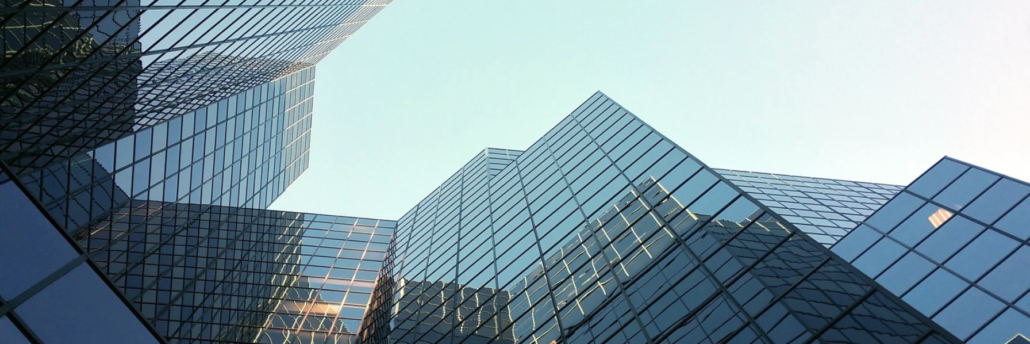
For a long time confined to a linear economy based on the « extract, produce, consume and throw away » model, our society must now make a profound change towards a circular economic model. This transition is essential if we are to preserve the planet’s natural resources and combat global warming. And businesses have a key role to play in this paradigm shift, given their economic weight and environmental impact.
Rethinking traditional business models
To fully embrace the circular economy, companies need to fundamentally rethink their traditional business models, which are based on the sale of single-use goods. The challenge is to move from creating value through the sale of products to creating value through the use of these products.
We are seeing the emergence of functionality economy models, where companies no longer sell a good but a service linked to that good. Michelin, for example, now rents out its tyres rather than selling them. The customer pays for the use of the tyre, while Michelin retains ownership and responsibility for its maintenance, repair and recycling at the end of its life.
Other companies such as Philips and Xerox have also adopted this type of circular business model, offering professional lighting and printer rental respectively, with maintenance and consumables management services included.
Eco-design to facilitate re-use and recycling
In addition to the economic model, the eco-design of upstream products is also crucial to facilitating their re-use, repair and recycling at the end of their life. Many groups such as Décathlon, Ikea and Philips are now incorporating this principle, designing products that are more durable, easy to dismantle and repair.
Some go even further by developing closed-loop recycling systems. This is the case of the Ricoh group, which specialises in printing equipment and recovers its used printers and photocopiers to extract the raw materials (plastics, metals, etc.) and re-inject them into the manufacture of new products.
This circular economy approach not only reduces environmental impact, but also secures the supply of resources and makes substantial savings on production costs.


Overcoming technical, regulatory and behavioural challenges
Despite these promising initiatives by pioneering companies, there are still many obstacles to the widespread use of circular business models. The investment required to transform supply chains and production processes is the first major challenge, especially for SMEs with limited resources.
The regulatory and logistical complexity of managing the flow of used products and waste is also a major obstacle. Companies have to comply with a multitude of different regulations, depending on the country and the type of product.
Finally, consumer acceptance of the new business models is another challenge. Moving from a purchasing approach to a usage approach involves a profound change in mentalities and consumer habits, which will take time to bring about.
An incentive-based regulatory framework to be put in place
To accelerate this circular transition, changes to the legislative and regulatory frameworks will be necessary. The extension of extended producer responsibility schemes, which oblige companies to take responsibility for managing the waste associated with their products, is a first lever for action.
But beyond that, we need to put in place a range of incentive measures, from green taxation to mandatory eco-design standards, as well as improved information and traceability of products throughout their life cycle.
Public authorities will also have a key role to play in funding research and innovation, to enable the emergence of new, more circular technologies and processes.
A decisive competitive advantage for committed companies
While the transition to the circular economy represents a major challenge for businesses, it is also a fantastic opportunity to stand out from the crowd and strengthen their long-term competitiveness. By resolutely going down this road, they will not only be able to reduce their production costs and secure their supply of resources, they will also be able to position themselves in buoyant markets and meet consumers’ growing expectations in terms of sustainable development.
Pioneering companies that are able to transform their business model and processes in depth will benefit from a decisive competitive advantage over their less agile competitors. A strategic asset that will enable them to capture new market share and ensure their long-term survival in a world of limited resources.
To facilitate your company’s circular transition and seize these opportunities, discover CircularPlace: the platform dedicated to the circular economy! CircularPlace offers you a range of solutions for making the most of your unsold goods, second-hand equipment and waste, by reusing, reselling or recycling them in a virtuous way.
#CircularCompanies #EcoDesign #FunctionalEconomy #LoopRecycling #WeAreCircular
Read also
Questions about CircularPlace?



